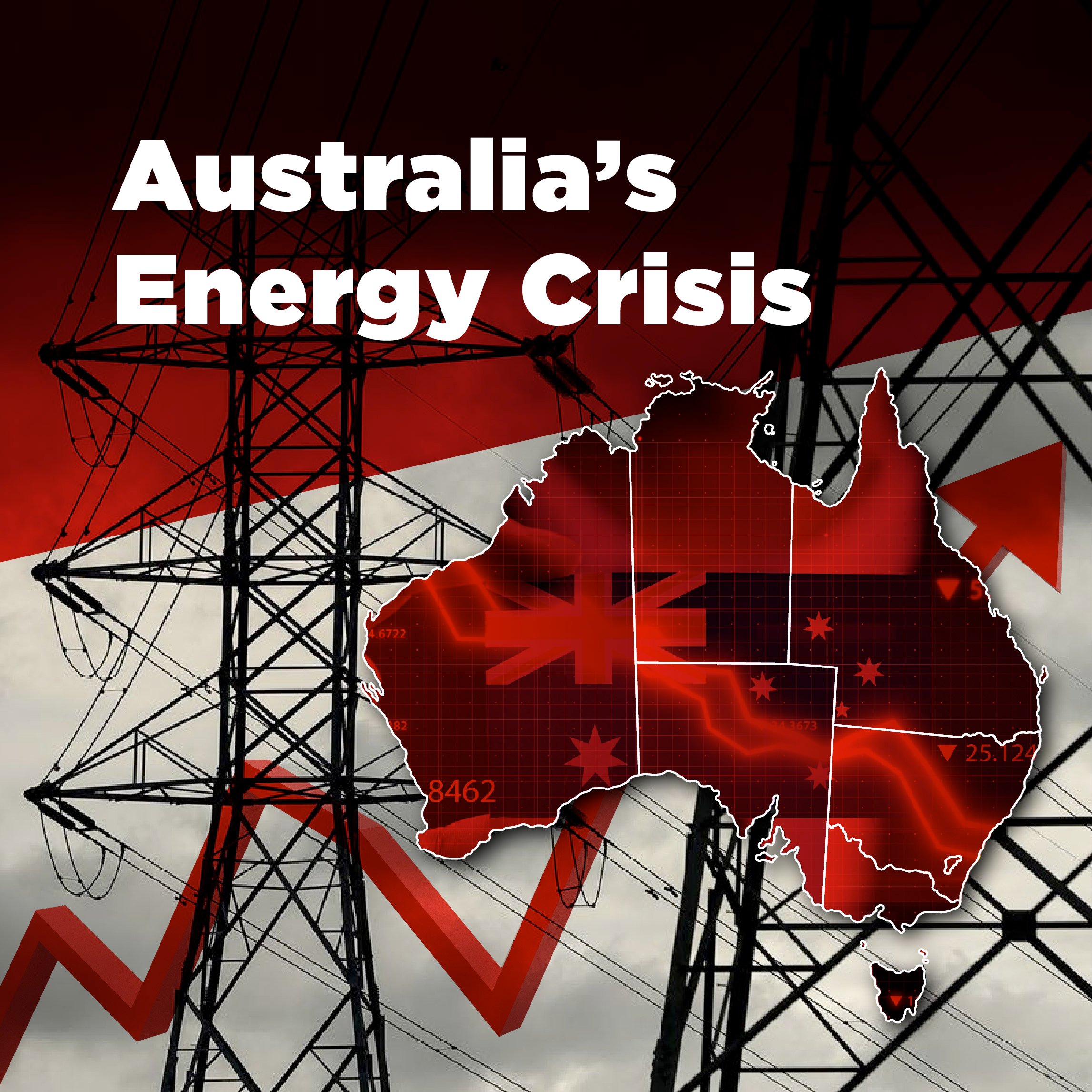We’re sick of solar myths circulating so we’re here to set the record straight.
When it comes to installing solar panels on your roof, some homeowners are skeptical about adopting it based solely on what they’ve read on the internet. From solar installations being too expensive to solar needing the full sunshine to operate, many myths are being thrown around about Solar power. So we’re here to make a rebuttal.
Keep reading for five solar myths that we’ve busted wide open.
Myth #1: SOLAR DOESN’T WORK IN AUSTRALIAN WINTER

We’re often asked if solar panels still produce as much energy in winter, and we’ve realised that this myth has come about because people think solar panels need direct sunlight and heat to operate. Solar photovoltaic (PV) cells absorb sunlight and convert it into electricity. However, they don’t rely on direct sunlight to generate power.
In fact, solar panels have been known to produce more electricity during winter in areas closer to the equator. Darwin, for example, will produce more energy in winter purely due to receiving more direct sunlight and being exempt from the cloudy days that cities like Sydney and Melbourne experience. However, all solar systems still produce during winter, but location dependant it may not be as much as what they would experience during the peak of Summer.
Simply put, solar panels rely on the sun’s light, not the sun’s heat. So if you’re worried about your Solar not working as well in winter, don’t be!
Myth #2: SOLAR IS TOO EXPENSIVE

The price of solar has dropped by 70% in the last decade, making it more affordable than ever to go Solar. In some cases, Solar can even pay for itself. Solar panel systems have an average lifespan of 25-30 years, which means that you will save more money than you spent on installation and maintenance throughout the system’s life. Solar is also a great way to hedge against rising energy prices, as your Solar panels will produce a fixed amount of power per month, no matter how high utility prices go.
Myth #3: SOLAR PANELS AREN’T EFFICIENT

Solar panels have come a long way in the last few years and are now more efficient than ever. Solar panel efficiency is constantly improving as technology advances and new methods develop to increase the amount of power generated from sunlight. As a result, solar panels will convert more than 20% of sunlight into electricity, which is a massive improvement from the early days of solar energy.
Myth #4: SOLAR POWER IS COMPLICATED

Solar power is actually one of the simplest forms of energy generation. Solar panels are made up of silicon cells that convert sunlight into electricity, and there are no moving parts or chemicals involved in the process. Solar panel systems are also very low maintenance, as they have no moving parts that can break down over time.
Solar panel systems have a very simple design and are very easy to install and maintain, and we should know… we’ve installed over 6,000 solar systems in Australia.
Myth #5: SOLAR NEEDS FULL SUNLIGHT TO WORK

Solar panels will actually generate electricity on cloudy days, although the amount of power generated will be less than on a sunny day. Solar panels will still generate some power on cloudy days as long as some sunlight shines on the panel’s surface.
Solar power is a great way to save money and energy, and we hope that this article has helped bust some of the myths surrounding solar power. If you’re interested in learning more about solar, or if you’re ready to get started on your own solar installation, contact us today!
You can also stay up to date with our solar tips over on our Instagram and Facebook page. You can also get an insight to our day-to-day operations and follow along with the team.You can also stay updated with our solar tips on our Instagram and Facebook pages. You can also get an insight into our day-to-day operations and follow along with the team.



